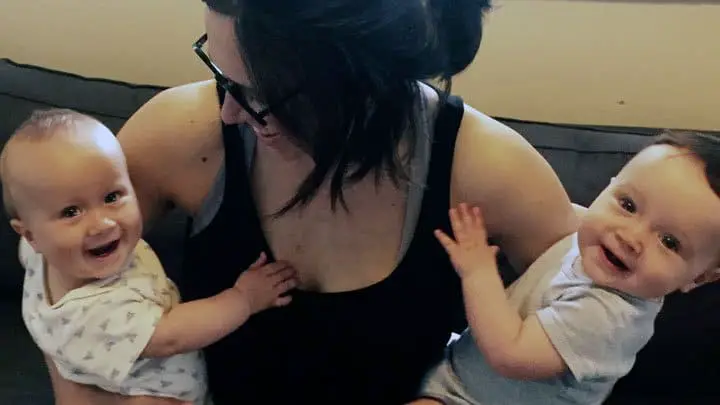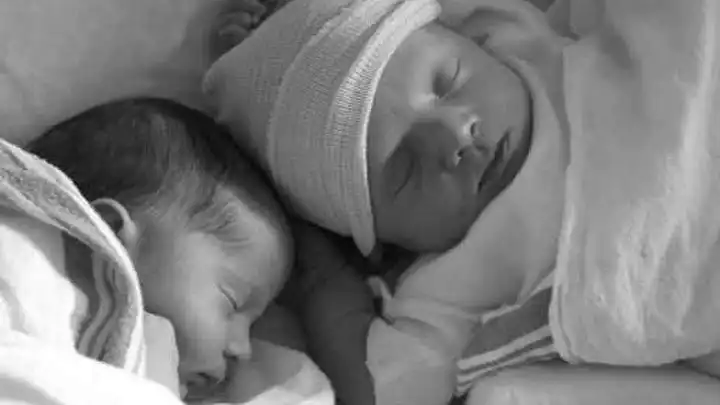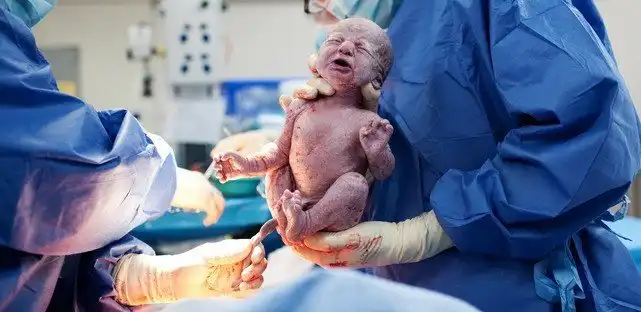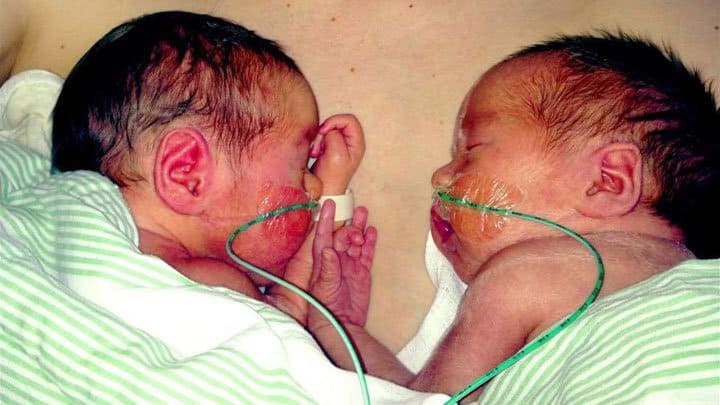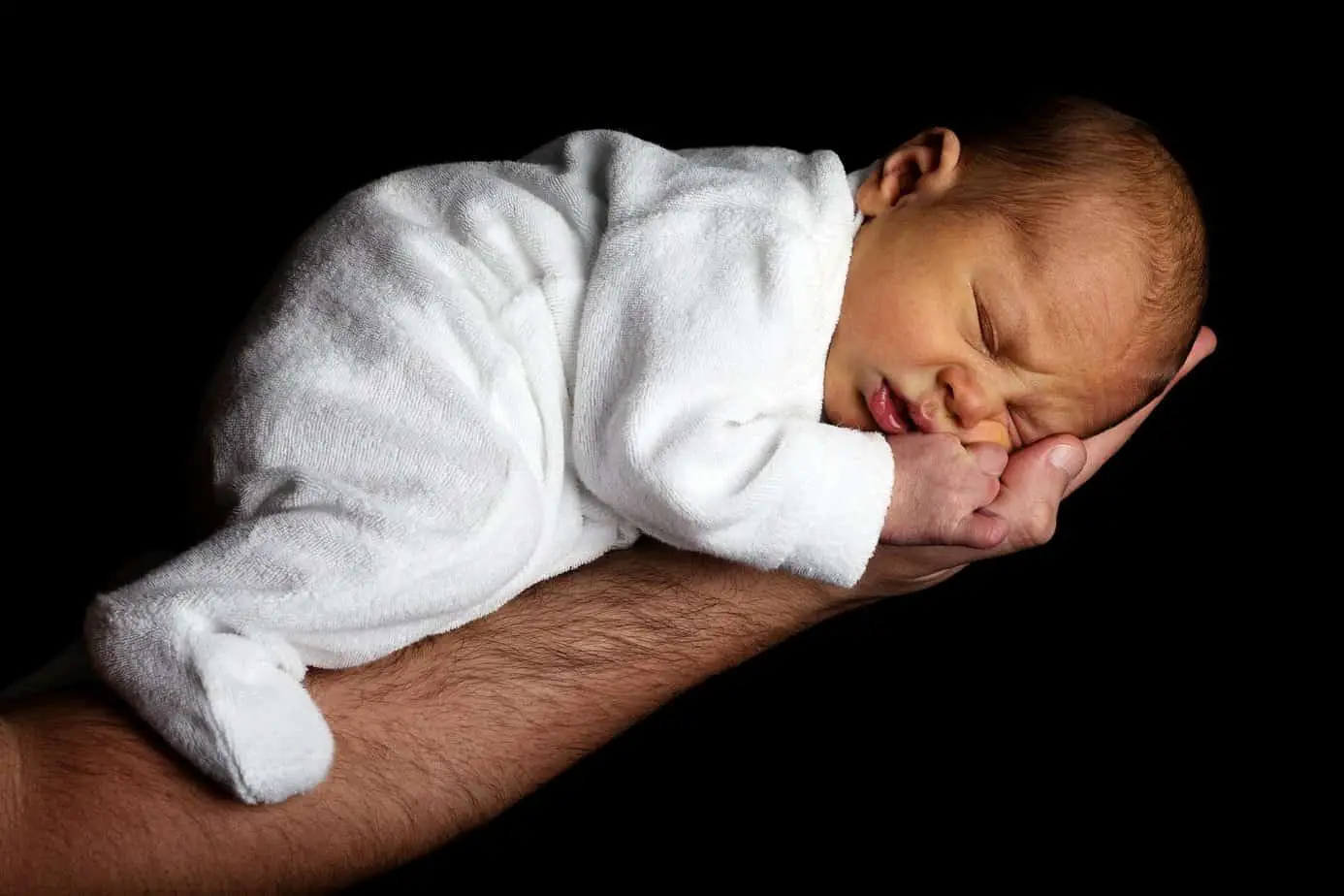Pregnant Women Need To Be Mindful of D-Vitamin Deficiency
A 2018 study* looks at pregnancy, Vitamin D deficiency and whether or not it links to neonatal sepsis. Neonatal sepsis is an invasive infection, usually bacterial, occurring during the first days or weeks after birth. If can cause a serious threat to babies, if it goes untreated. Previous studies show that although advances in neonatal care have improved survival and reduced complications in preterm infants, sepsis still contributes significantly to mortality and morbidity among very-low-birth-weight infants below 1500 grams (3lbs, 4oz) in the Neonatal Intensive Care Units (NICU).
*The study was published in Steroids in March 2018. Steroids is an international research journal that focuses on both experimental and theoretical studies on the biology, chemistry, physiology and pharmacology of steroids and other molecules.
Significantly lower vitamin D levels
The researchers included 160 mothers and babies in the study. They were divided into two groups. The first group had 40 mothers and their 40 septic babies, the second group had 40 mothers and their 40 healthy babies. The study found that vitamin D deficiency in mothers and babies is a risk factor for neonatal sepsis. The mothers of the septic babies had significantly lower vitamin D levels compared with the healthy group. The septic babies also had significantly lower vitamin D levels compared with the healthy ones.
What is D-vitamin?
D-vitamin is known as the sunshine vitamin. Vitamin D is produced by the body in response to the skin being exposed to sunlight. It is also occurs naturally in some foods. This includes some fish, fish liver oils, and egg yolks – and in fortified dairy and grain products. Vitamin D is essential for strong bones, because it helps the body use calcium from the diet.



